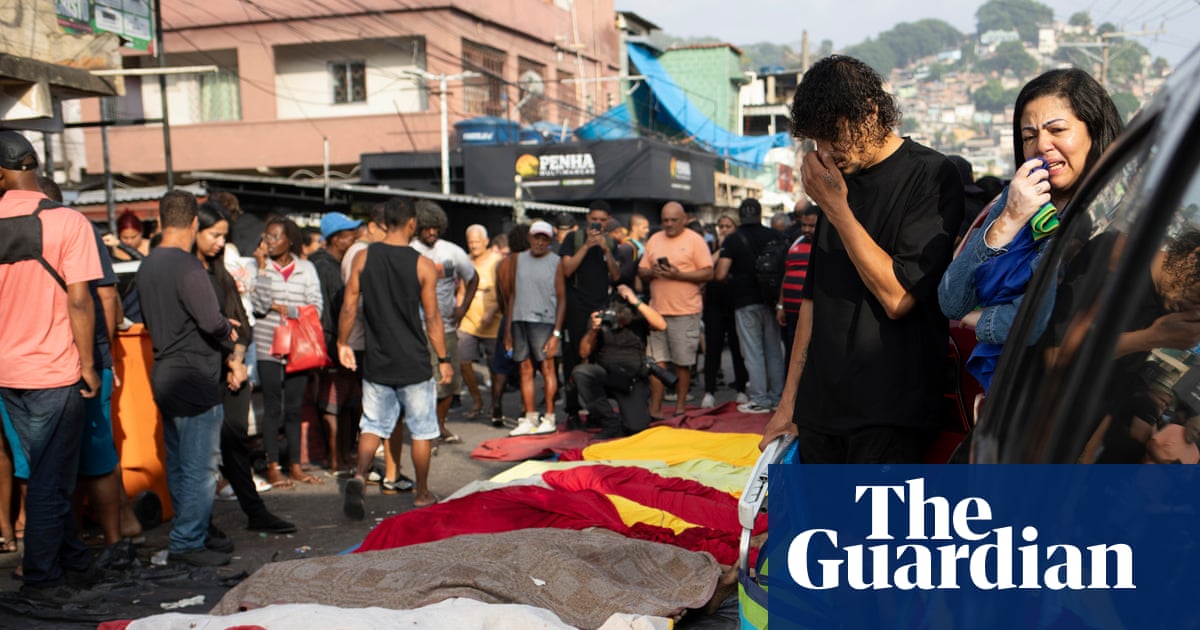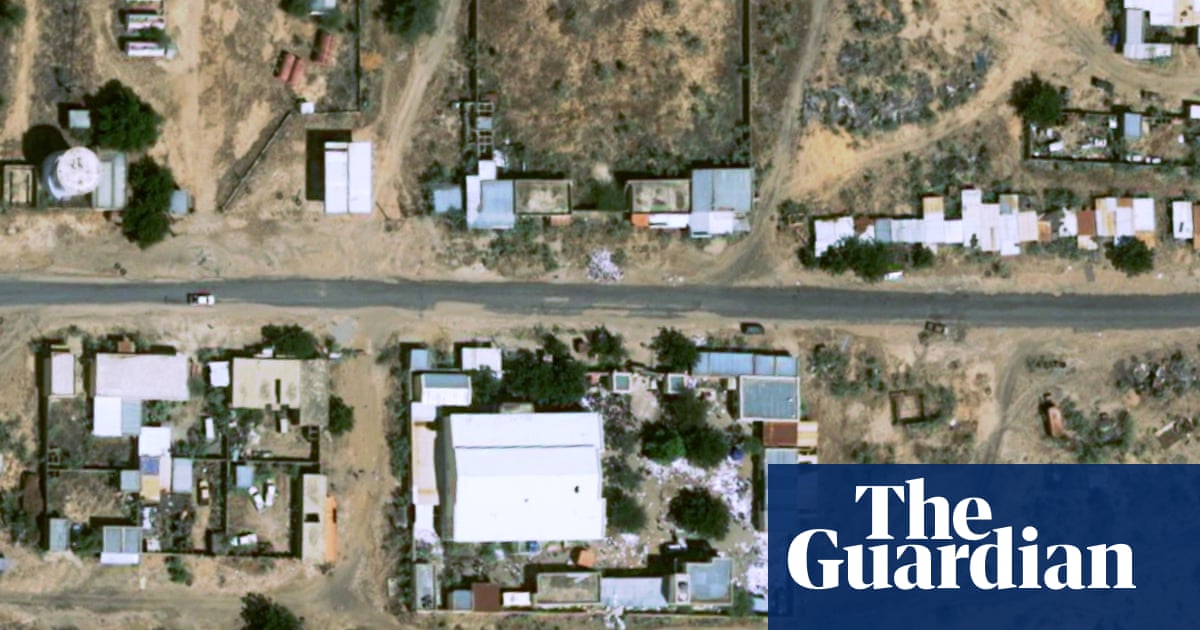Two people have been killed in a huge blaze in Cyprus, bringing the death toll from a series of wildfires on the eastern Mediterranean island and in neighbouring Turkey to 12 amid a brutal heatwave that has pushed temperatures to more than 44C (111F).
Police said two charred bodies were found on Thursday in a burnt-out car that had been caught up in the Cyprus blaze, which began outside Limassol on Wednesday and, fanned by strong winds, rapidly engulfed a string of mountain villages north of the city.
The fires, described as the worst on the island in more than half a century, devastated large tracts of southern Cyprus, injuring dozens of people and displacing hundreds. An estimated 250 firefighters battled to contain blazes raging on multiple fronts.
The government spokesperson, Konstantinos Letymbiotis, said the state “expresses its deep sorrow … over the unjust loss of two of our fellow citizens”, adding that what was happening on the island was unprecedented.
After appeals for help from the Nicosia government, Greece, Egypt, Israel and the UK, which has an RAF base on the island, said on Thursday they would be weighing in with air support and firefighters, while the EU was sending in water-bombing planes.
By midday, nearly 24 hours after it broke out, the infernos had consumed more than 40 square miles of territory, decimating prime agricultural land and dozens of homes in village communities outside Limassol on the Troodos range.
Charalambos Theopemptou, the Green MP who chairs the Cypriot parliament’s environmental committee, spoke of a “tragic situation” with blazes fuelled by extreme high temperatures, gale-force winds and a severe drought.
Temperatures nudging 44C were forecast to rise further on Friday as a week-long heatwave intensified across southern Europe. “We haven’t seen such devastating fires since the Turkish invasion in 1974,” Theopemptou told the Guardian. “It’s tragic, people have died, 72 houses and 91 cars have been burned, it’s absolute chaos.”
He said part of the reason for the destruction was that preventive measures had not been taken, including the implementation of a public warning system that an EU directive voted into law in 2022. “Illegal waste dumps haven’t been cleared, [inflammable] vegetation hasn’t been removed, basic infrastructure like big cement water tanks and hose pipe points aren’t in place, all of which has helped the fires spread,” he said.
At least six separate wildfires were burning across Turkey, the Turkish agriculture and forestry minister, İbrahim Yumakli, said on Thursday, warning that strong winds and scorching heat were creating “extremely dangerous” conditions across the country.
Ten firefighters were killed on Wednesday battling a fire in the western Eskişehir province, with 14 others injured. The fire subsequently spread to Afyonkarahisar, another central province, where several towns and villages were evacuated.
The victims were caught when the flames suddenly changed direction, causing them to be “burned alive”, a local MP said. Turkey has been sweltering since Sunday in temperatures ranging between 6C and 12C above the seasonal norms.
In the northwestern province of Bilecik, fires raged for a fourth consecutive day, as firefighters struggled to contain them. “They couldn’t intervene. There is no decent road, forests are thick and it’s rocky,” Cemil Karadag, a local resident, said.
Karadag told Reuters the fire had “engulfed our village from two or three sides … The firefighters couldn’t intervene … It spread very quickly with the effect of the wind, but, thank God, the centre of our village wasn’t damaged that much.”
A wildfire erupted in the Black Sea province of Sakarya, forcing the closure of a key motorway and the evacuation of several villages and small towns, and others in Karabuk, home of the Unesco world heritage site city of Safranbolu, and Manisa.
Scientists have long warned that burning fossil fuels is making extreme weather events such as heatwaves more likely and more intense.

 3 months ago
42
3 months ago
42

















































